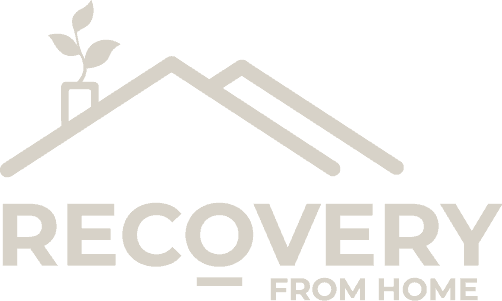The Integral Role of Family Support in Addiction Recovery: A Pathway to Sustained Wellness
Recovery from addiction presents a formidable journey, profoundly impacting not only the individual struggling with substance dependence but also their entire family system. Clinical evidence consistently demonstrates that constructive family involvement is a critical component of effective addiction treatment and significantly enhances the prospects for successful, long-term recovery. This exploration delves into the multifaceted contributions of family support, examining how an informed, engaged, and healthy family environment fosters rehabilitation and enduring wellness.
Understanding the Mechanisms of Effective Family Support
Family support transcends mere well-wishing; it provides tangible and intangible resources that are crucial throughout the recovery process. Its positive influence operates through several key mechanisms:
- Emotional and Psychological Fortification: Recovery often involves confronting difficult emotions, including shame, guilt, anxiety, and isolation. Empathetic family members who practice active listening, offer validation without judgment, and provide consistent encouragement can create a vital sense of belonging and safety. Celebrating milestones, no matter how small, reinforces positive change and bolsters motivation during challenging phases.
- Practical Assistance and Environmental Stability: Families can offer invaluable practical support, such as assisting with transportation to therapy sessions or support group meetings (like AA/NA), helping establish routines that support sobriety, and fostering a stable, substance-free home environment. This structure can be critical, especially in early recovery, by minimizing exposure to triggers and promoting healthy lifestyle choices.
- Enhanced Treatment Engagement and Accountability: When families are involved, individuals often feel a greater sense of responsibility towards their recovery plan. Educated family members can encourage adherence to treatment protocols, medication schedules (if applicable), and participation in aftercare programs. Importantly, this involves supportive encouragement rather than policing, often guided by boundaries discussed in family therapy settings.
- Facilitating Systemic Healing: Addiction often develops and persists within a complex web of family dynamics. Family involvement allows for the identification and modification of potentially unhelpful patterns (like enabling or codependency). Family therapy and educational programs equip relatives with healthier communication strategies, boundary-setting skills, and a deeper understanding of addiction as a chronic health condition, reducing stigma and blame within the family unit.
The Indispensable Value of Informed Support
For family support to be truly effective, it must be informed and healthy. Education about the nature of addiction—understanding it as a brain disease characterized by relapse potential—is essential. This knowledge helps families manage expectations, respond constructively to setbacks, and avoid counterproductive behaviors. Participating in family support groups (like Al-Anon or Nar-Anon) or engaging in family therapy provides relatives with their own support system and equips them with the tools to interact effectively with their recovering loved one.
Fostering Resilience Through Family Unity
The role of constructive family support in addiction recovery is fundamental and far-reaching. It provides an essential foundation of emotional stability, practical help, and informed accountability crucial for navigating the complexities of recovery. By actively and healthily participating in the process—often aided by professional guidance—families not only significantly bolster the individual’s chances of achieving and maintaining sobriety but also embark on a path of collective healing. This shared journey can mend relationships, build resilience, and establish a robust support network that benefits the entire family long after the initial treatment phase concludes. Recognizing and actively nurturing this vital resource is key to transforming the recovery journey into one of shared growth and lasting well-being.
Are You Struggling with addiction?
Recognising that you need help is the first step towards recovery. Professional treatment tailored to individual needs can help break the cycle of addiction, restore balance, and rebuild a healthy relationship with oneself and others.












Leave A Comment